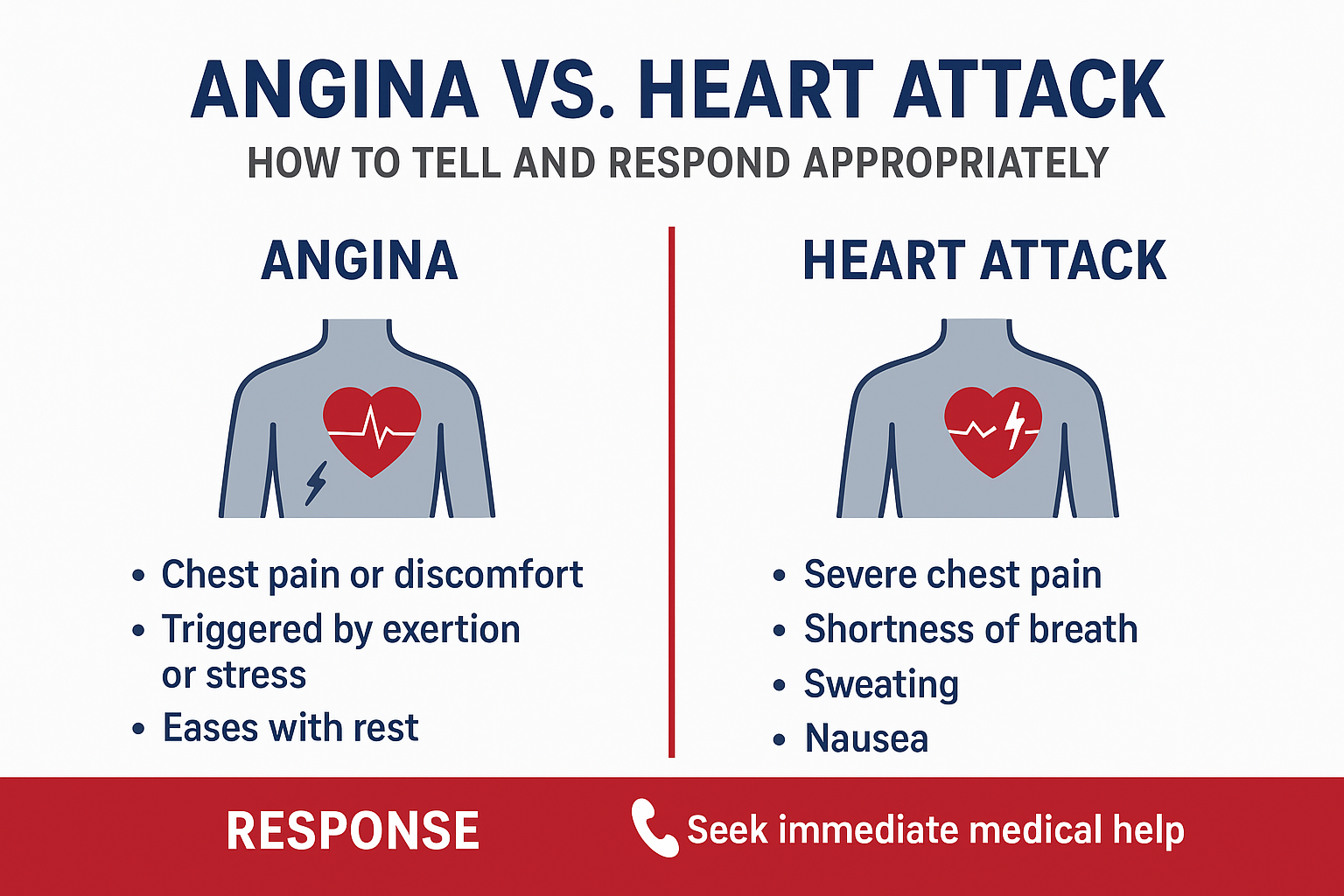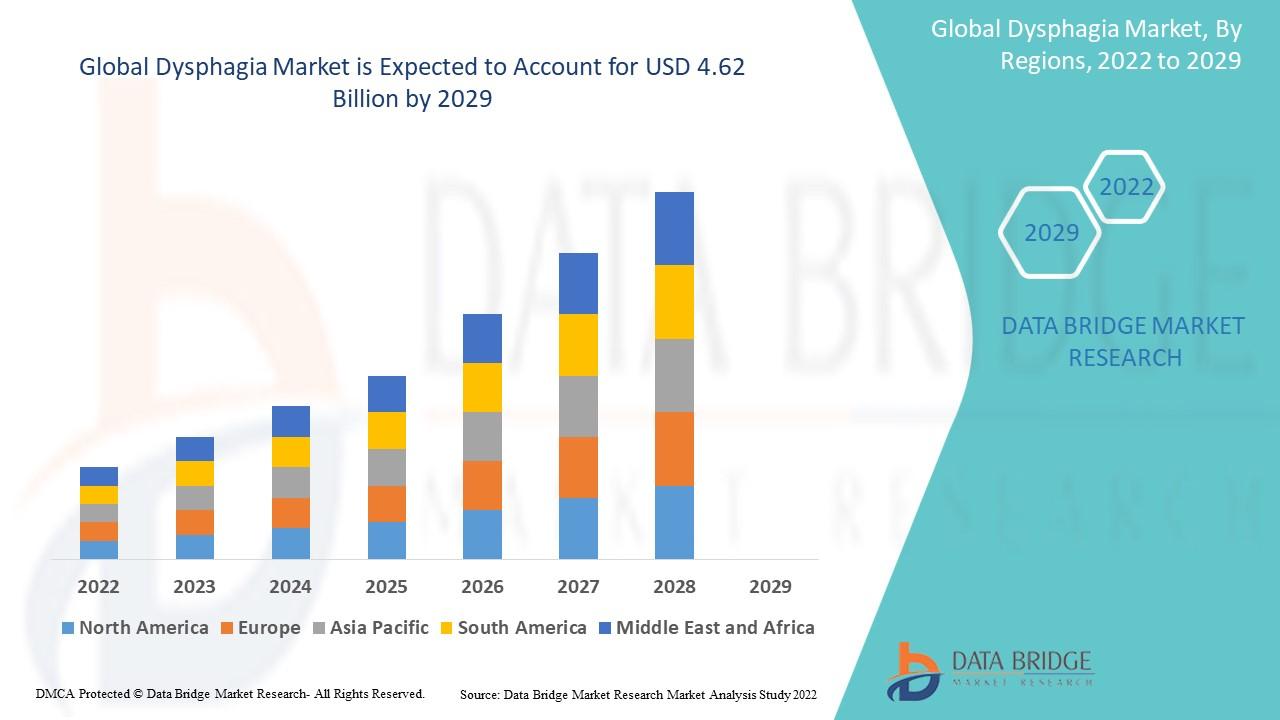Angina vs. Heart Attack: How to Tell and Respond Appropriately

When it comes to heart health, one of the biggest challenges patients face is distinguishing between angina and a heart attack. Both conditions cause chest pain and discomfort, but their underlying causes and medical implications differ greatly. Early recognition is crucial for effective treatment and preventing life-threatening complications. In cities like Jaipur, access to modern cardiology facilities has made it easier for patients to seek timely diagnosis and care. With the guidance of expert specialists like Dr. Amit Gupta at Safe Heart Clinic, patients can receive advanced treatment and preventive advice to protect their heart health.
This article will help you understand the differences between angina and heart attack, their causes, symptoms, treatment options, and preventive strategies—so you can respond appropriately when it matters most.
What is Angina?
Angina is not a disease itself but rather a symptom of underlying coronary artery disease (CAD). It occurs when the heart muscle doesn’t get enough oxygen-rich blood due to narrowed or blocked arteries.
Common Characteristics of Angina:
-
A feeling of pressure, tightness, or squeezing in the chest
-
Pain that may spread to the neck, jaw, shoulder, or arm
-
Usually triggered by physical exertion, stress, or heavy meals
-
Symptoms often subside with rest or prescribed medication such as nitroglycerin
Patients seeking angina treatment in Jaipur often present with recurring chest discomfort but no immediate signs of heart muscle damage.
What is a Heart Attack?
A heart attack (myocardial infarction) occurs when blood flow to a part of the heart muscle is completely blocked, leading to permanent damage if not treated urgently. Unlike angina, heart attacks require immediate medical intervention.
Common Characteristics of a Heart Attack:
-
Severe, persistent chest pain or pressure
-
Pain radiating to the arm, jaw, or back
-
Shortness of breath, nausea, sweating, or dizziness
-
Symptoms that do not go away with rest or medication
In short, while angina is a warning sign, a heart attack is a medical emergency.
Key Differences Between Angina and Heart Attack
| Feature | Angina | Heart Attack |
|---|---|---|
| Cause | Narrowed arteries reduce oxygen supply | Complete blockage of artery |
| Pain Trigger | Physical activity, stress, heavy meals | Can occur at rest or suddenly |
| Duration | Few minutes, relieved by rest/medication | Lasts longer, persists even at rest |
| Reversibility | Temporary discomfort | Permanent damage to heart muscle |
| Urgency | Needs medical evaluation | Immediate emergency care |
Causes and Risk Factors
Both angina and heart attacks share similar risk factors, including:
-
High blood pressure
-
High cholesterol
-
Diabetes
-
Smoking
-
Obesity and sedentary lifestyle
-
Family history of heart disease
A cardiologist in Jaipur will often recommend lifestyle changes, medications, or advanced treatments depending on your condition and risk profile.
Treatment Approaches
Treatment for angina focuses on improving blood flow and reducing stress on the heart. Options include:
-
Medications: Nitrates, beta-blockers, calcium channel blockers, and antiplatelet drugs
-
Lifestyle modifications: Healthy diet, exercise, stress reduction, and quitting smoking
-
Medical procedures: Angioplasty or bypass surgery in severe cases
Heart Attack Treatment
Heart attacks demand emergency interventions, such as:
-
Immediate medications (blood thinners, clot busters)
-
Coronary angioplasty or stenting to restore blood flow
-
Bypass surgery in critical cases
-
Post-treatment cardiac rehabilitation for long-term recovery
Preventive Care for a Healthy Heart
Both angina and heart attacks can often be prevented with proactive care. Heart specialists recommend:
-
Balanced Diet: Include fruits, vegetables, whole grains, and lean proteins
-
Regular Exercise: At least 30 minutes of moderate activity daily
-
Stress Management: Yoga, meditation, or relaxation techniques
-
Routine Check-ups: Regular monitoring of blood pressure, cholesterol, and blood sugar
-
Avoiding Tobacco & Alcohol: Major contributors to heart disease
When to See a Heart Specialist
If you frequently experience chest discomfort, shortness of breath, or fatigue, it’s important to consult a heart specialist in Jaipur. Ignoring early warning signs may lead to more serious complications.
Under the care of experts like Dr. Amit Gupta at Safe Heart Clinic, patients benefit from:
-
Personalized diagnostic tests
-
Advanced treatments tailored to individual needs
-
Preventive care to reduce recurrence risks
Frequently Asked Questions (FAQs)
Q1. What is the difference between angina and a heart attack?
Angina is temporary chest pain caused by reduced blood flow to the heart, usually triggered by exertion or stress. A heart attack happens when blood flow is completely blocked, causing permanent damage. Angina is a warning sign, while a heart attack is a medical emergency.
Q2. When should I seek angina treatment in Jaipur?
If you experience frequent chest discomfort, shortness of breath, or fatigue during physical activity, it’s time to consult a heart specialist. Timely angina treatment in Jaipur can help manage symptoms and prevent future complications.
Q3. Can angina lead to a heart attack?
Yes. Angina indicates underlying coronary artery disease, which increases the risk of a heart attack. Regular check-ups with a cardiologist in Jaipur can help detect and manage the condition early.
Q4. What lifestyle changes help prevent angina and heart attacks?
-
Eating a heart-healthy diet
-
Exercising regularly
-
Quitting smoking and limiting alcohol
-
Managing stress through yoga or meditation
-
Keeping blood pressure, cholesterol, and diabetes under control
Q5. Who is the best doctor to consult for chest pain in Jaipur?
If you experience persistent chest pain, consult a heart specialist in Jaipur immediately. Experienced cardiologists like Dr. Amit Gupta at Safe Heart Clinic provide advanced diagnostic tests and personalized treatments for angina, heart attacks, and other cardiac conditions.
Conclusion
Chest pain should never be taken lightly. While angina is often a manageable warning sign, a heart attack is a medical emergency that requires immediate treatment. Understanding the differences, recognizing symptoms, and seeking timely care can save lives.If you or a loved one experiences recurring chest pain or discomfort, do not delay. Consult a cardiologist in Jaipur for an accurate diagnosis and treatment plan.








